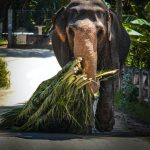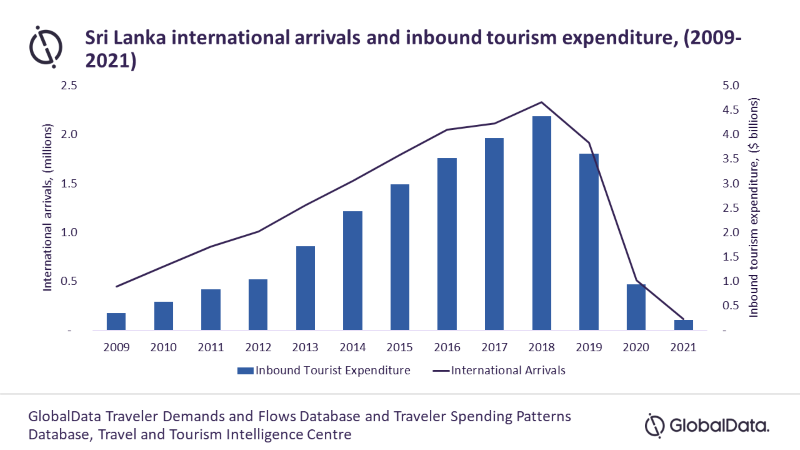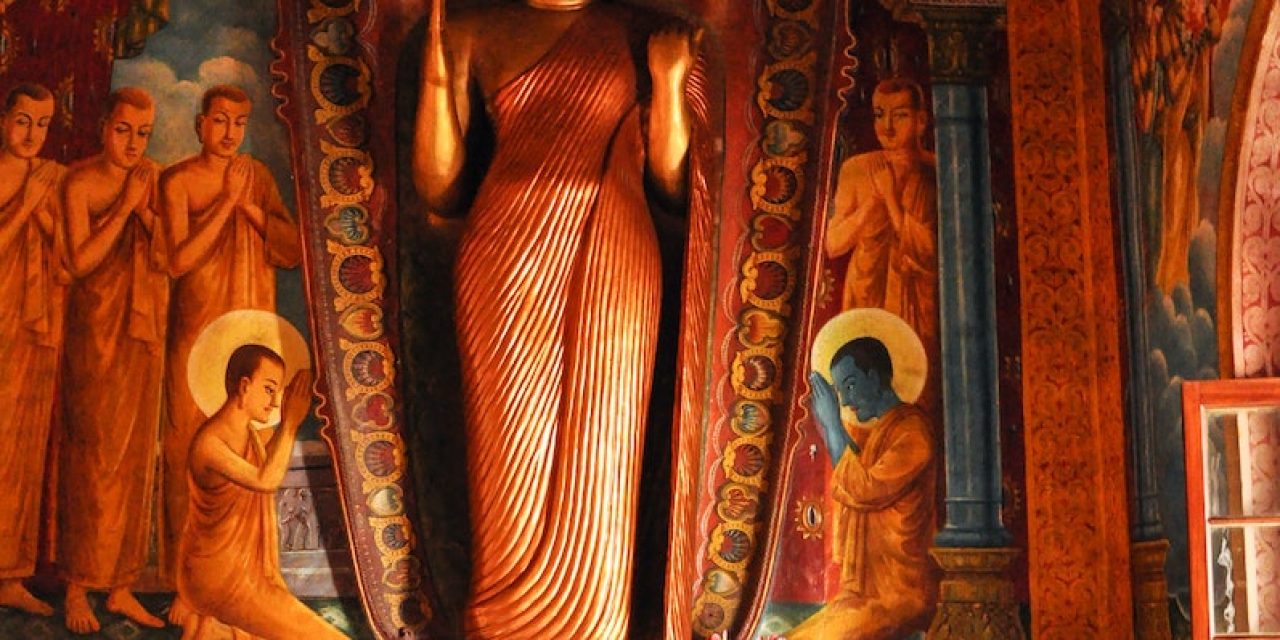 Further compounding the country’s struggling tourism industry is the Ukraine–Russia conflict, which will likely result in the absence of tourists and tourism spending from these countries in the foreseeable future. It received major endorsements such as Lonely Planet’s best country in the world to visit in 2019, topping the National Geographic Travellers’ ‘Cool List’ in 2018 and was one of the best countries to visit according to Conde Nast Traveller Readers’ choice awards in 2021.
Further compounding the country’s struggling tourism industry is the Ukraine–Russia conflict, which will likely result in the absence of tourists and tourism spending from these countries in the foreseeable future. It received major endorsements such as Lonely Planet’s best country in the world to visit in 2019, topping the National Geographic Travellers’ ‘Cool List’ in 2018 and was one of the best countries to visit according to Conde Nast Traveller Readers’ choice awards in 2021.
Free concludes: “While the rest of the world has seen increased demand for tourism in recent months, Sri Lanka will have an uphill battle to revive its tourism industry.
Tourism accounted for more than 12% of the country’s GDP in 2019 and is the third-largest foreign exchange resource source behind worker remittances and the apparel industry.
Hannah Free, Travel and Tourism Analyst at GlobalData, comments: “Sri Lanka was poised to be one of the world’s best holiday destinations due to the country’s rich culture, a wealth of natural resources and diversity of accessible experiences on offer. These challenges, amidst the ongoing economic crisis, which has seen inflation soar to 50%, daily power cuts and shortages of basics such as fuel, food, and medicine, will undoubtedly make the revival of the country’s tourism industry extremely challenging.

Inbound visitors fell to just 116,600 or 6% of 2019 levels in 2021, and inbound tourism expenditure fell to as little as $213.1 million. Similarly, China was Sri Lanka’s third largest source market in 2019. However, the country shows no signs of relenting its strict ‘zero-COVID’ policy, which has brought outbound travel to a standstill.” Concurrently, inbound tourism spending increased rapidly from $394.4 million in 2009 to $3.6 billion in 2019, with a high of $4.4 billion in 2018.
This led to the collapse of inbound tourism flows as international arrivals declined by 18% year-on-year (YoY), and tourist expenditure fell by 17.7% YoY in that year. According to GlobalData, international arrivals in Sri Lanka more than quadrupled from 448,000 to 1.9 million between 2009 and 2019, reaching a peak of 2.3 million inbound visitors in 2018. The country’s initial strategy to attract inbound tourism appears to be strengthening ties with India and promoting Hindu sites.
However, tourism-dependent Sri Lanka suffered its first major setback with the Easter bombings in 2019. Its new tourism ambassador, Sanath Jayasuriya, is reportedly promoting tourism as an instrument for economic recovery.
“There is also untapped potential in the country’s meetings, incentives, conferences, and exhibitions (MICE) segment, particularly with India, Pakistan and Bangladesh, which could bring immediate cash flow.
Free adds: “In 2019, Russia and the Ukraine were Sri Lanka’s seventh and thirteenth largest source markets, respectively. However, the country may find it difficult to restore appeal in the short term – even as it starts its revival plan.” Against this backdrop, the country will face an uphill task in restoring a once thriving sector, says GlobalData, a leading data and analytics company.
The travel and tourism sector is an important income generator for Sri Lanka. However, the ongoing economic crisis coupled with Ukraine–Russia war and China’s zero-COVID policy has jeopardised the sector.
Written by: Matthew Thomas
















